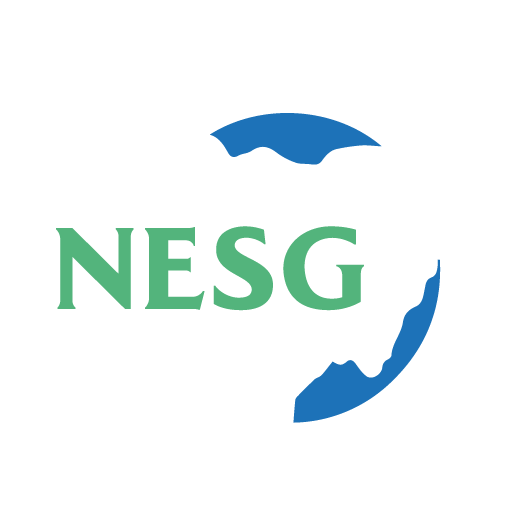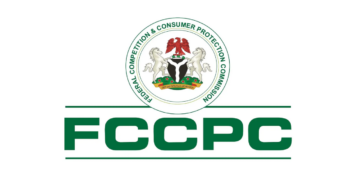The Nigerian Economic Summit Group (NESG) has urged the federal and sub-national state governments to focus on specific economic areas in which Nigeria has a sectoral advantage to improve its attraction of foreign direct investments (FDIs).
The private sector thinktank said adopting priority sectors of the nation’s economy for productivity and job creation would help Nigeria attract more foreign direct investments.
Nigeria is currently experiencing capital flight due to key economic factors, including disruptions in the supply chain orchestrated by external shocks – Russia/Ukraine war, commodity prices – and nationwide insecurity in the homestead.
NESG board member Mr Kyari Bukar made the call in a pre-summit meeting between the NESG and Federal Ministry of Finance, Budget and National Planning on Monday.
Bukar said Nigeria’s growth has been driven by sovereign debt-induced growth, and the “time is set for Nigeria to look at a different model that can help our country take a different approach to investment attraction.”
Country director, Development Alternatives Incorporated (DAI), Dr Joe Abah, said that the ability to hold politicians to account is a critical element of democracy, noting that some of the problems of investment attraction include the issue of quality governance across all tiers of government and lack of an effective merit-based system.
Abah said there is a need to improve national security, entrench safer transportation systems and focus more on ease of doing business to enable and strengthen the country’s progress in attracting foreign investments.
He urged the introduction of cash-based incentives in business regulatory environments to help Nigerian states become more transparent.
Abah reiterated the importance of reforming business investment centres, noting that the public sector has a vital role in facilitating and coordinating investment promotion.
On his part, the chief executive officer for the Promotion of Private Enterprise, Dr Muda Yusuf, said that there is a need to change the public sector mindset from wanting to dominate the investment space to seeing the private sector as partners and changing the ideological disposition of government players that don’t believe in a free market economy.
An investment professional, Ms Yewande Sadiku said “we tend to underestimate the importance and efficiency of the judiciary and the various challenges, including corruption and bureaucracy that investors face with getting goods out of Nigeria and obtaining and transferring foreign exchange.”
She noted that only a few companies can produce what they require in Nigeria without importing and that investors need the capacity to import and export foreign currency and require stability in the macroeconomic and political environment to plan for the future.
She revealed that portfolio investors have helped to keep the capital market visible, even as research has shown that a considerable percentage of investors start as portfolio investors before graduating to the direct investment end when they experience a favourable business environment.
Special adviser to the president on economic matters, office of the vice president, Dr Adeyemi Dipeolu, who was represented by the special assistant to the president on finance, office of the vice president, Ms Louisa Chinedu, said that bureaucracy is a major problem experienced in public governance, noting that public service has a significant influence on investor decision.





